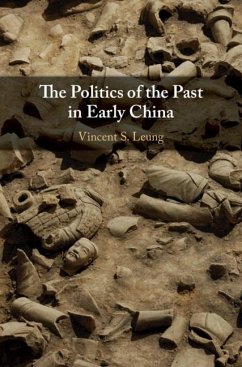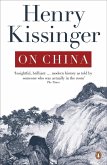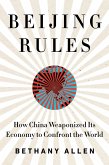Why did the past matter so greatly in ancient China? How did it matter and to whom? This is an innovative study of how the past was implicated in the long transition of power in early China, as embodied by the decline of the late Bronze Age aristocracy and the rise of empires over the first millenium BCE. Engaging with a wide array of historical materials, including inscriptional records, excavated manuscripts, and transmitted texts, Vincent S. Leung moves beyond the historiographical canon and explores how the past was mobilized as powerful ideological capital in diverse political debate and ethical dialogue. Appeals to the past in early China were more than a matter of cultural attitude, Leung argues, but were rather deliberate ways of articulating political thought and challenging ethical debates during periods of crisis. Significant power lies in the retelling of the past.
Dieser Download kann aus rechtlichen Gründen nur mit Rechnungsadresse in A, B, BG, CY, CZ, D, DK, EW, E, FIN, F, GR, HR, H, IRL, I, LT, L, LR, M, NL, PL, P, R, S, SLO, SK ausgeliefert werden.









